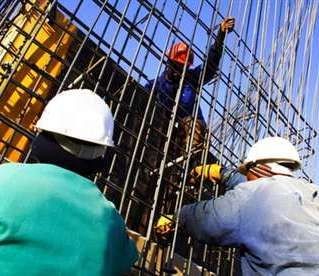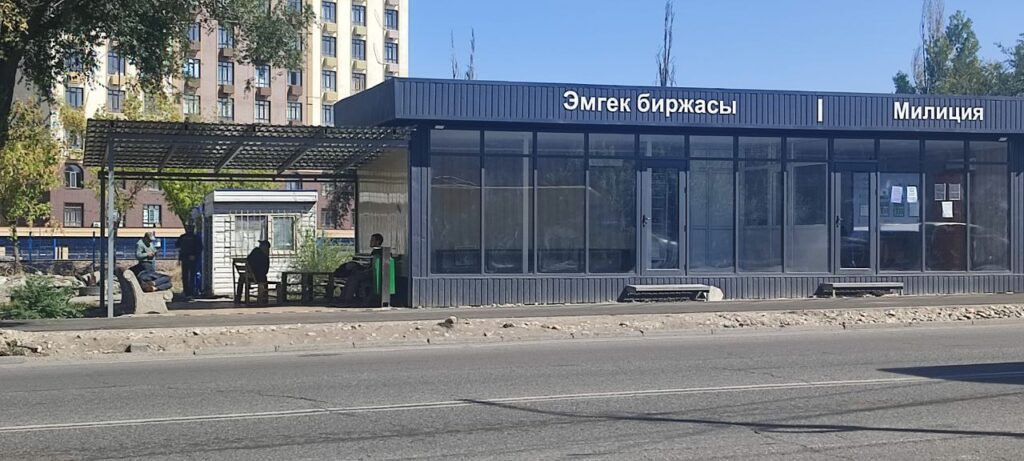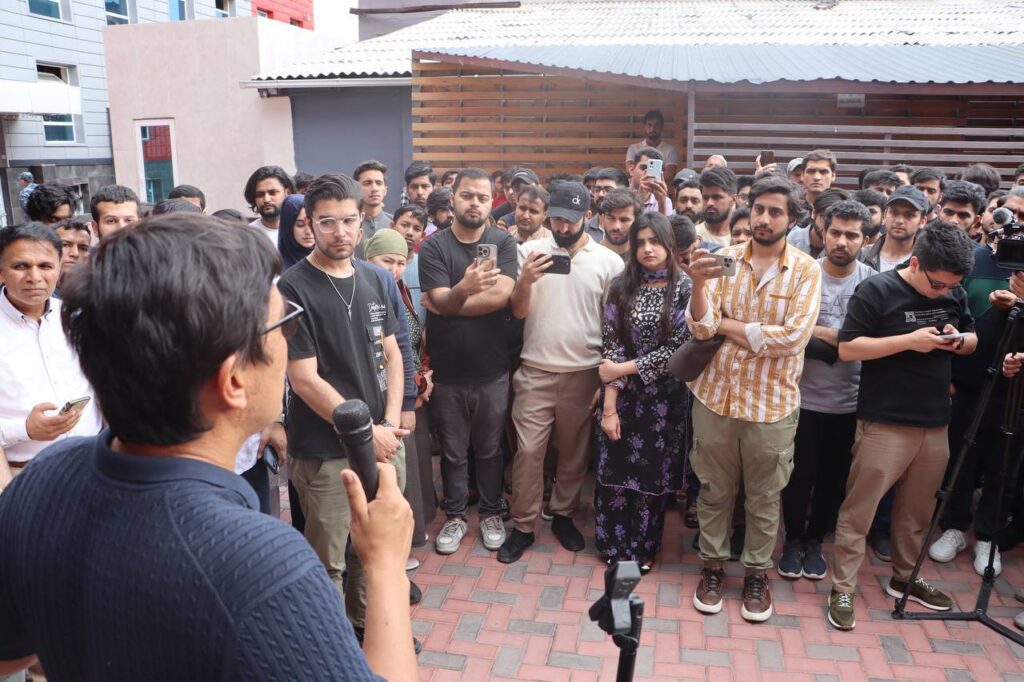BISHKEK (TCA) — A draft law “On the reconstruction and development of the historical center of the Bishkek city” has been submitted for public discussion. According to the initiator of the bill, MP Omurbek Tekebayev, the new law is aimed at streamlining the construction of new modern buildings in Bishkek based on a single integrated architectural plan.
The bill suggests the transfer of some private property to municipal ownership, with the cost of such property compensated from the state budget.
The subjects to the new law are real estate (houses and buildings) of private and other forms of ownership located in the territory limited by Karpinskaya and Lineinaya streets, and Jibek Joly and Mologaya Gvardiya avenues in downtown Bishkek, with a total area of 1.5 thousand hectares and built before 1996.
Bishkek citizens have described the bill on demolishing the “old property” in the “golden square” of the city as looting. Activists began collecting signatures against the bill which “gives officials the right to dispossess and evict people from their homes located in Bishkek’s center,” they said.
Moreover, the procedure for property compensation is opaque and contains corruption risks, property owners said. They have already collected several thousand signatures against the “predatory and robbery bill” as they believe.
The Civil Code allows using the land under private real estate for public purposes, but “construction of shopping, entertainment and business centers cannot be regarded as public needs,” their appeal stated.
“We are well aware how the property cost is estimated by the State, as it is determined by the net book value and can theoretically be zero.”
The City Hall, Government and MPs should stop initiating bills designed not for the benefit of society but to meet the interests of the deputies themselves or other interested persons, the appeal concluded.
Fire safety
Prime Minister of Kyrgyzstan Sooronbai Jeenbekov tasked the Ministry of Emergency Situations to pay more attention to fire safety in the construction of houses and shopping centers. The number of fires has increased by 4.8% since the beginning of this year, and the damage amounted to more than 280 million soms.
Last month there was a fire in a 12-storey building in downtown Bishkek, and firefighters were only able to extinguish the fire within seven hours. It is necessary to carry out fire examination during the construction of houses and then before their commissioning, the Prime Minister stressed.
In Bishkek, there is little land available for new construction, so mainly high-rise buildings are now built the city. However, Bishkek lacks high-altitude fire-fighting equipment, head of the Fire Service of the Fire Prevention Agency Daniyal Tairov said at a press conference, commenting on the fire at the intersection of Frunze and Panfilov streets. There is only one piece of equipment that can deliver firefighters to a height of 16 floors in Bishkek.
In addition, the country badly lacks firefighters and firefighting tools, and firefighting technology lags behind modern requirements. Fire safety is not provided even in Bishkek, where 30 percent of fire hydrants have been rolled into the asphalt during road reconstruction works.
Without planning
Today, developers are faced with great difficulties and lawlessness of officials, head of the Parliament Committee on Transport, Communications, Construction and Architecture Marat Amankulov said. To obtain land for construction, developers need to go through bureaucracy and corruption. Therefore, authorities should create a transparent, clear and comprehensive legal framework for construction.
The lack of a unified General Construction Plan hinders the development of the construction industry, Amankulov added. Of 328 settlements only 47 have new master plans in the Chui province, and a similar situation is in all regions of the country. The Parliamentary Construction Committee has started work to streamline the construction and land use in the country, and firstly in the capital Bishkek.
The State Agency for Construction and Architecture does not combat chaotic construction in the capital, Amankulov said. He believes that the Agency is deliberately delaying the development of Bishkek’s detailed plan. Due to such shadow policy, this area is controlled by builders and a group of interested people, and the Agency is used to legitimize new buildings after they have been built.
It is very difficult to obtain the necessary permits for construction in Bishkek, and the rights of developers are often violated, the Association of Construction Companies of the Kyrgyz Republic said. There were cases where the authorities allowed leasing the land which was already in use by third parties. According to the Association, it is necessary to strengthen control over the land which is on the balance of the local governments, and eliminate contradictions in their internal regulations.









